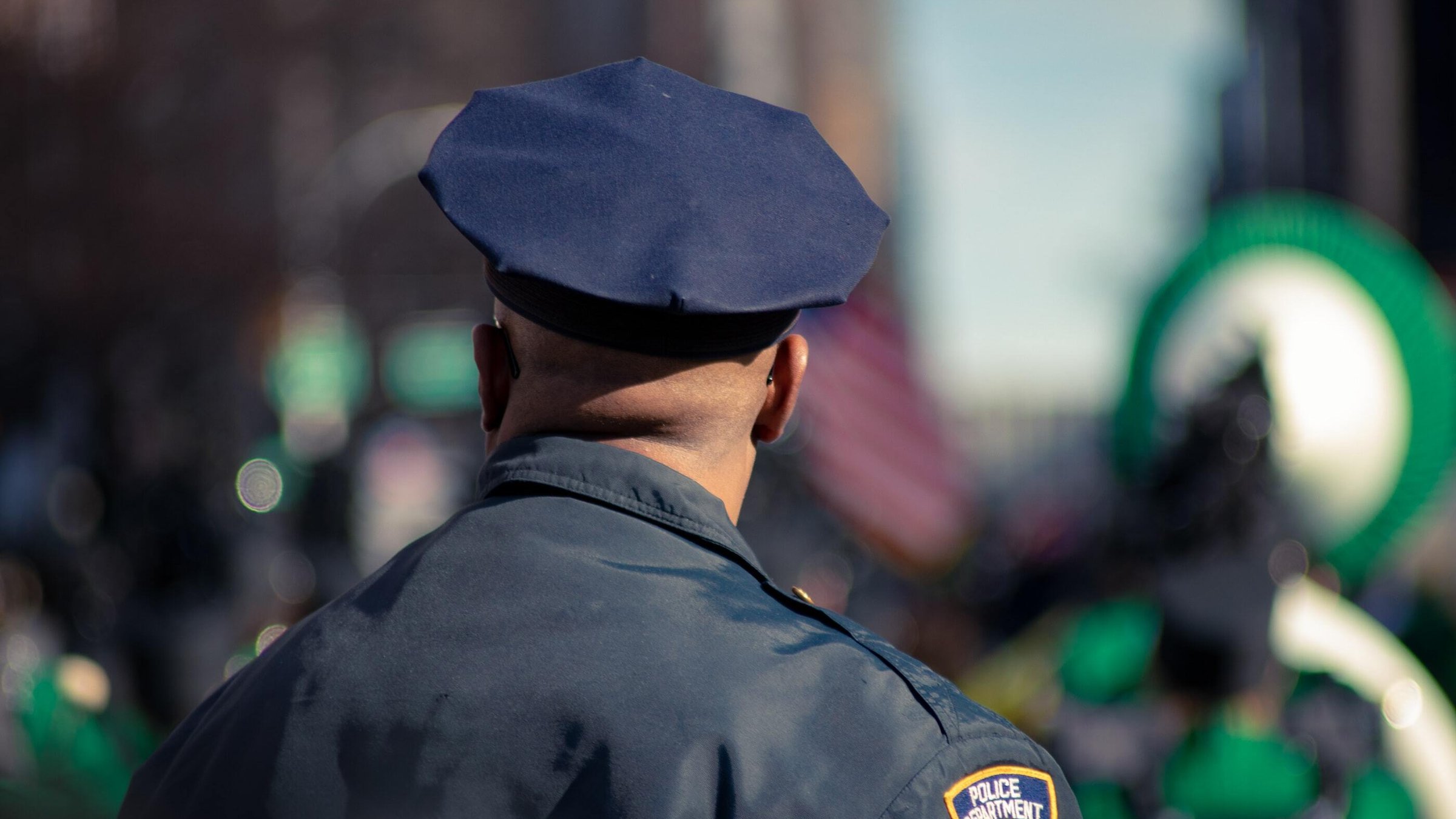I spent a career as a law-enforcement officer. The last several years, I was honored to be a field-training officer, training police academy graduates who had started at the department. I tried not to take that trust lightly. One of the first pieces of advice I gave young officers: Find your faith and embrace it; it will serve you in more ways than you know.
Recently, we were hit with another news story about officers abusing their power while affecting an arrest on a motorist. Many of us have already seen the video footage of five officers beating Tyre Nichols to death after a traffic stop gone bad in Memphis, Tenn. It is deeply disturbing.
My heart breaks for the Nichols family and the entire Memphis community. As the details of this awful situation continue to come to light, I can tell you this: No one hates bad cops more than good cops. They tarnish a profession that's already difficult to work in, and tragedies like this hurt everyone.
In my career, I was all too familiar with the struggles and cynicism the job occasioned. It required a concerted effort to eradicate that type of darkness from your psyche. The best way I could find for me to do that is to connect more fully with Christ.
While the secular culture offers political and policy-based answers to these problems, there’s a “heart” issue that supersedes the answers offered by the world. And it has as much to do with “temperance” as it does training.
Recently, I was talking with my students about Jesus’ words: “If you are angry with your brother, you’ve committed murder in your heart.” Harsh words, according to some of them. “Mr. Stu, does that mean every time I get angry, God’s going to send me to hell?” “No,” I answered. “But it does mean that these types of beatings don’t begin the day they actually happen.”
Most murders don’t begin the day of the murder. Most sex crimes don’t begin on the day of the assault. They start months or years before with angst, anger, or an unbridled objectification of women inside the heart. Most officers don’t ascribe to killing someone. That foundation is laid when the stress of the job isn’t dealt with, or worse yet, when it's fed by a bravado absent any sense of morality, or dare I say, Christian morality.
I would never blame a victim who loses his life at the hands of the police in the way we recently saw. No one deserves that. And most police officers don’t act that way. So, how do we teach our children to deal with the ones that do? Where does that leave us for answers today? Can more “police training” or “police reform” be the answer?
What we’re learning is that these officers quite possibly had issues before. And the unit to which they were assigned — now disbanded — didn’t have a lot of oversight. The fact is, in all the years of my training, I’ve never seen a force continuum that includes kicking a man when he’s down. Maybe the problem isn’t just in the training, but someplace else.
In a job that demands self-sacrifice and service, perhaps it’s more difficult these days to find police applicants in a world replete with self-service and entitlement. Police departments all over the country are reporting an epidemic hiring shortage, and who could be surprised, given the climate? Couple these issues with a lack of collective faith, and we have a vicious, interminable cycle.
During my police career, I worked with some of the most selfless, hard-working people I’ve known; men and women who would give their lives for anyone. That didn’t mean the cynical struggles weren’t real. Pessimism had its way with me, even though I endeavored to embrace my faith. It would have been worse if I had nothing Greater to strive for.
I wonder if the heart of our culture’s issue — in fact, some officer issues — is an absence of God amidst a job that desperately needs His light. And although that seems like a simple answer, it’s the only one that will allow us the peace to forge through the anger-laden dispositions occasioned by the stress of life … or the stress of a job like that.
Most police departments recognize the need for a healthy spirituality in the lives of officers. That’s why police chaplaincy is so important. Let’s certainly pray for the family of Tyre Nichols. But let’s also pray that our officers may find solace in a God who will help them make sense of what they see, have the courage to stop the bad cops when they see them, and know they have the strength to be the “peacemakers” God intended them to be. Meanwhile, let’s not give up on the good police because of the few bad ones. Instead, let’s remind our youth that morality begins with God. And there’s no other way to mitigate the hopelessness we experience or bring light to a world so often in darkness.
Paul Stuligross is a retired police officer. He currently teaches theology at Detroit Catholic Central High School in Novi.











